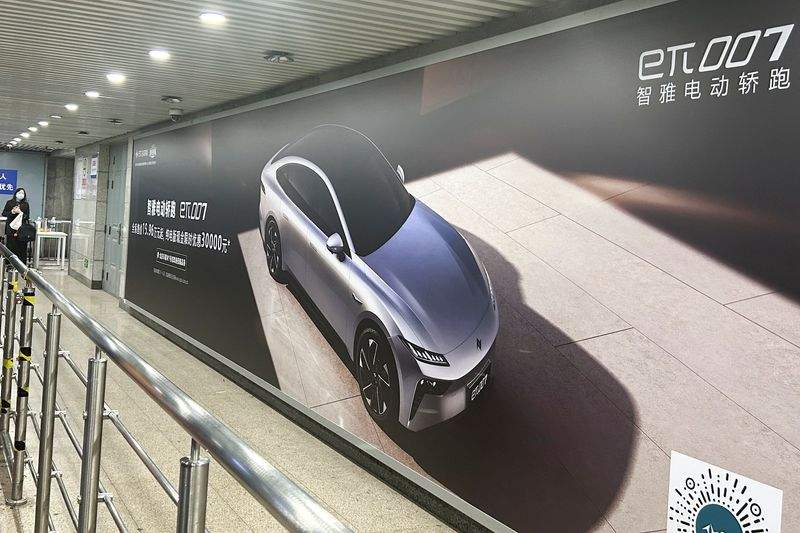US Commerce Department Plans to Impose Limits on Chinese-Made Software in Connected Vehicles
The United States Commerce Department is set to issue proposed rules on connected vehicles next month, with plans to impose limits on some software made in China and other countries deemed adversaries. According to a senior official, the restrictions will apply to key components and software that manage data in connected vehicles, which must be made in allied countries.
The move comes after the Biden administration launched a probe into whether Chinese vehicle imports posed national security risks in February. Commerce Secretary Gina Raimondo had previously stated that the department planned to issue proposed rules on Chinese-connected vehicles this autumn, with the possibility of taking "extreme action" and banning Chinese-connected vehicles or imposing restrictions on them.
Connected cars have onboard integrated network hardware that allows internet access, enabling them to share data with devices both inside and outside the vehicle. According to export controls chief Alan Estevez, the threat posed by these vehicles is serious. "A car is a very scary thing. Your car knows a lot about you. Your car probably gets a software update, whether it’s an electric vehicle or an autonomous combustion engine vehicle," he said.
Estevez emphasized that the restrictions will not apply to the entire vehicle, but rather to key components and software that manage data. "A modern car has a lot of software in it. It’s taking lots of pictures. It has a drive system. It’s connected to your phone. It knows who you call. It knows where you go. It knows a lot about you," he said.
The Chinese foreign ministry has urged the United States to respect the laws of the market economy and principles of fair competition, arguing that Chinese cars are popular globally due to fierce market competition and technological innovation. However, the Biden administration has proposed sharp hikes in tariffs on Chinese electric vehicles and other goods, which are expected to take effect by August 1.
With relatively few imports of Chinese-made light duty vehicles in the United States, the proposed restrictions are likely to have a limited impact on the domestic market. Nevertheless, the move is a significant step in the ongoing trade tensions between the US and China, and could have far-reaching implications for the global automotive industry.









